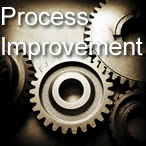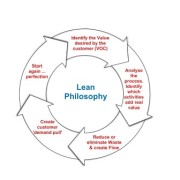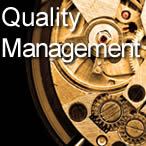Office Wastes
While much has been said and written about Lean and the 7-Wastes within a manufacturing environment, it is in the office of professional service functions where we often see huge amounts of waste, particularly within the accounting, legal, design and consulting engineering sectors. Below are some of the typical ‘Office Wastes’ that we encounter.
- Sorting and searching – This applies in all environments, even at home. How much time do you waste looking for files, or information, or tools or items? Although we like to talk about the ‘paperless office’, we know that this is far from reality. Many organisations generate “paper”, for e.g. the medical and legal professions, or any regulatory bodies or departments. How do you track these documents and know, instantly, where anything is? If you manufacture anything, where and how do you track the correct revision numbers?







